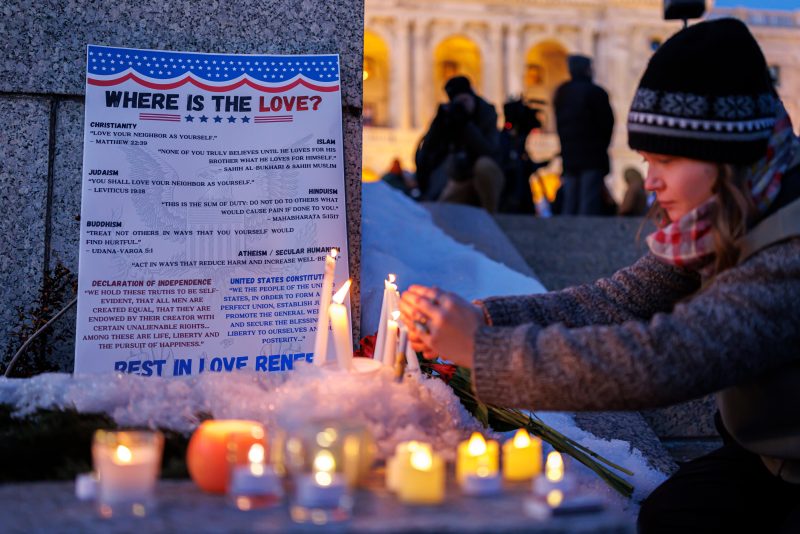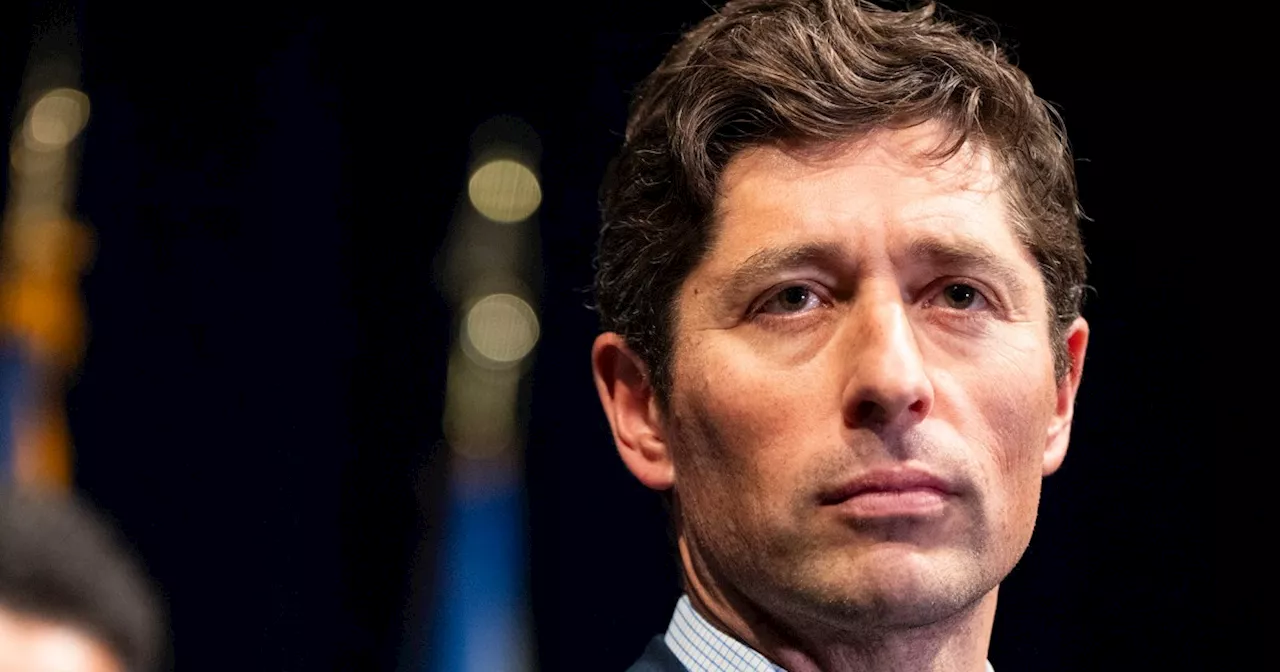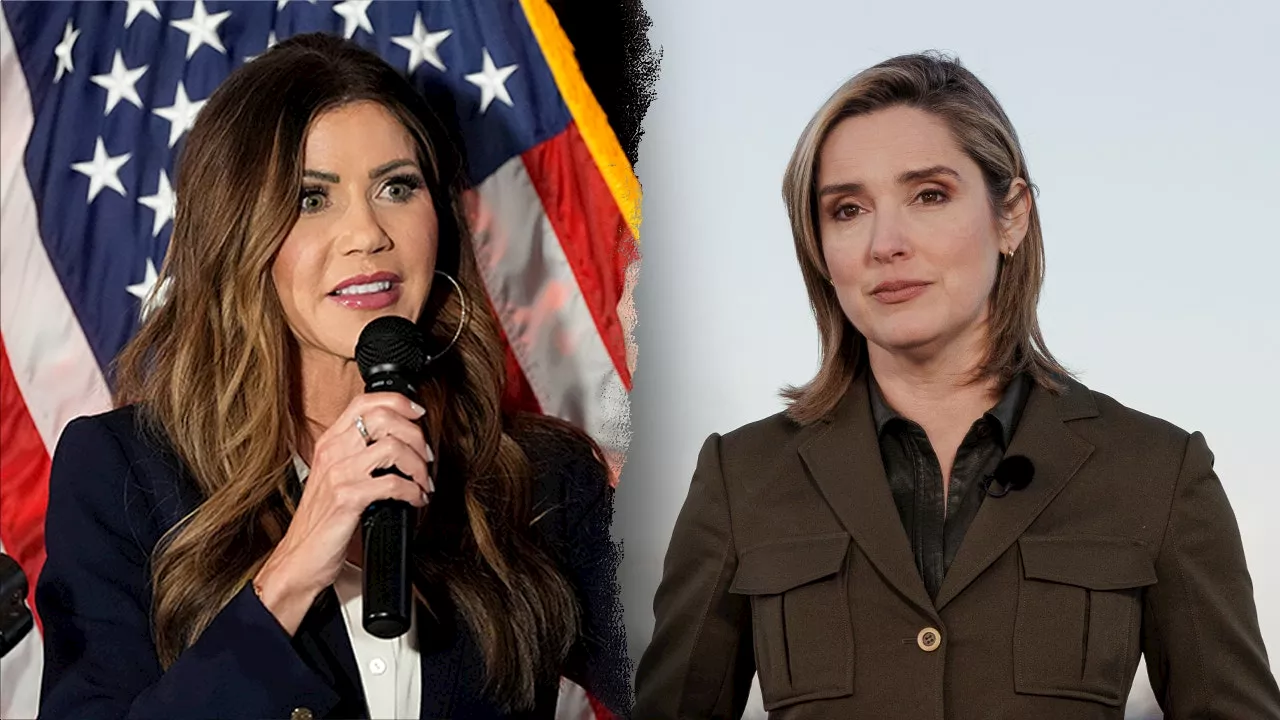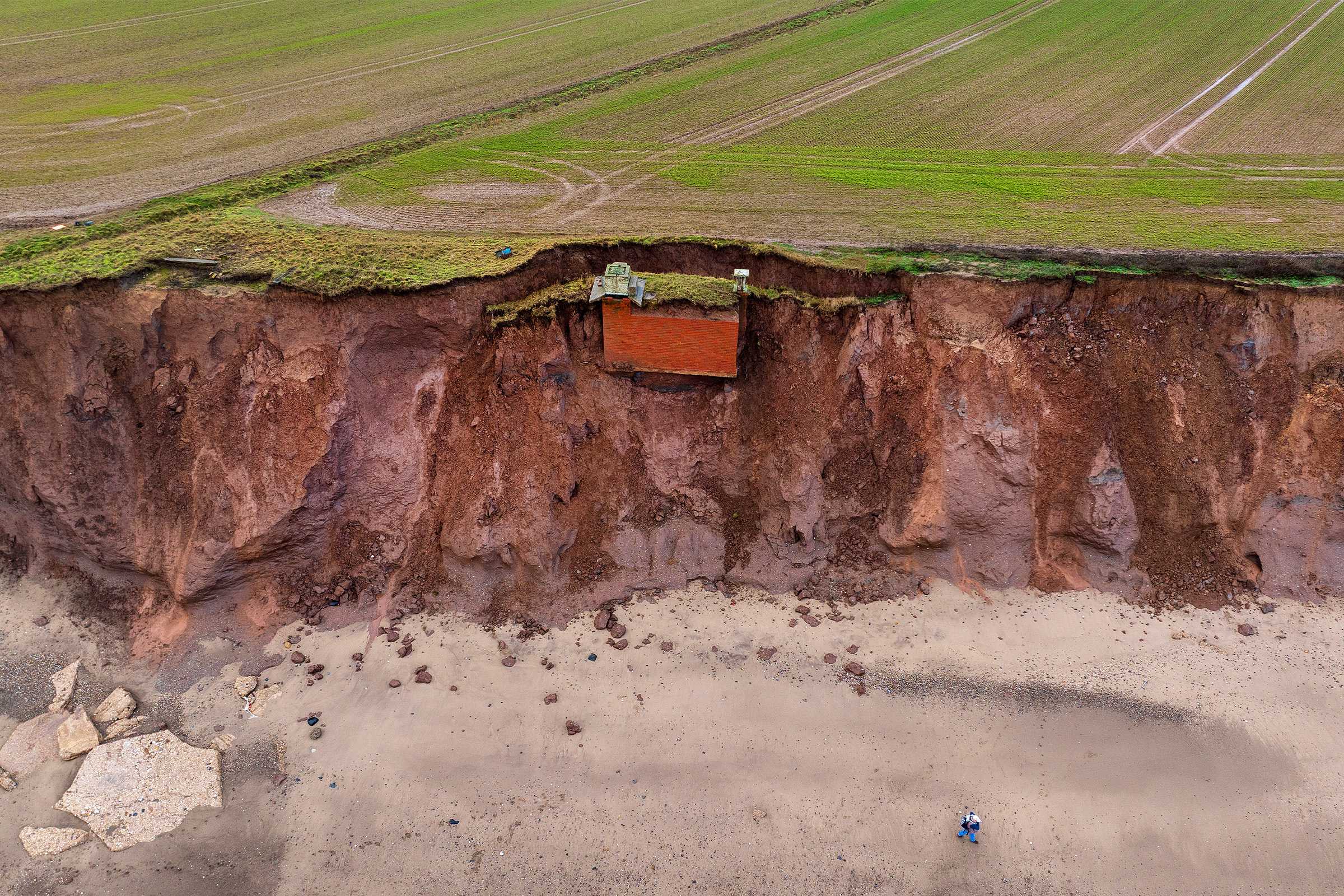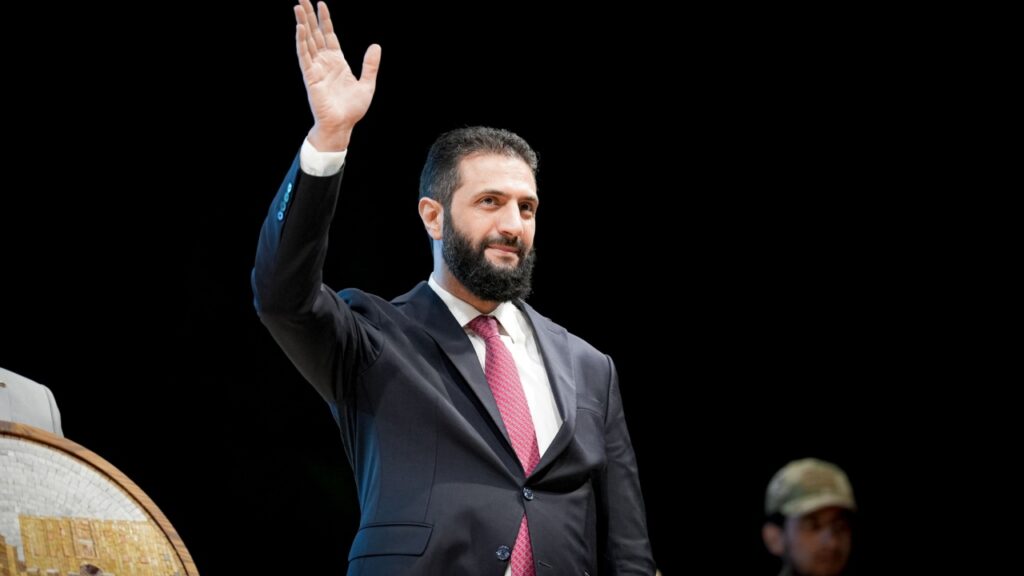
In a significant shift in Syria’s military landscape, President Ahmed Al-Shara is integrating foreign jihadist fighters into the national army, raising concerns about the implications for regional security. This move comes after a meeting between Donald Trump and Al-Shara in Riyadh, where Trump praised the young leader as a “tough guy” capable of stabilizing the war-torn country. The White House had viewed this engagement as a breakthrough, offering sanctions relief and signaling support for Al-Shara’s government.
However, recent developments indicate that instead of removing extremist elements, Al-Shara’s administration has absorbed them into the military structure. Reports suggest that up to 3,000 fighters from the Turkistan Islamic Party (TIP), a Uyghur-led jihadist group affiliated with Al Qaeda, have been integrated into Syria’s armed forces. This integration is occurring with apparent transparency, as indicated by Thomas Barrack, a special envoy from the Trump administration, who stated there is an understanding regarding these developments.
While some analysts argue that including TIP fighters in the army could be a pragmatic approach—allowing for better control of these groups—many remain skeptical. Critics point out that numerous TIP fighters still maintain loyalty to Al Qaeda and have a history of engaging in sectarian violence. The group’s leader, Abdul Haq al-Turkistani, is reportedly still directing operations from Afghanistan, casting doubt on claims that the Syrian branch has severed ties with Al Qaeda.
Al-Shara’s decision to promote Abdulaziz Khudaberdi, the TIP’s Syria leader, to brigadier general in December 2024, further illustrates this troubling relationship. Audio recordings have surfaced showing Khudaberdi’s loyalty to al-Turkistani, emphasizing the ongoing connection between the TIP in Syria and its leadership in Afghanistan.
Despite these ties, Al-Shara and his government have attempted to present the integration of foreign fighters as a necessary step to avoid pushing them back into extremist groups like Al Qaeda or the Islamic State. Yet, many of these fighters are already expressing discontent. Some have voiced frustrations over Al-Shara’s failure to enforce strict Sharia law and alleged cooperation with U.S. and Turkish forces against extremist factions.
The authorities have attempted to establish guidelines for the foreign fighters, insisting that they refrain from inciting violence or calling for attacks on other nations. Nevertheless, analysts caution that the loyalty of these fighters remains uncertain, especially as Al-Shara seeks to establish security ties with Israel. The presence of foreign jihadists within the army complicates the situation, as many initially arrived in Syria for sectarian motivations, heightening the risk of renewed conflict.
Recent clashes along the Syrian coast in March 2025, during which foreign fighters committed human rights abuses, underscore Al-Shara’s lack of control. Residents reported that these militias acted with impunity, directly contradicting the Interior Ministry’s directive to avoid civilian targeting. This disarray illustrates the challenges facing the Syrian government in managing a diverse and potentially volatile military force.
To mitigate the risks associated with these integrated fighters, it will be crucial for the Syrian government to ensure they sever all connections to Al Qaeda and cease receiving orders from their leadership. Additionally, placing these units under the command of experienced Syrian officers could help maintain discipline and prevent them from becoming radicalized enclaves within the military.
Accountability for past abuses is also vital. Al-Shara has established a fact-finding committee to investigate the March massacres, but the lack of timely action raises concerns about the government’s commitment to addressing these issues. If perpetrators receive only token punishments, it could further legitimize extremist elements within the army rather than empower the Syrian state.
The Trump administration must clearly communicate to Al-Shara that it will not tolerate the integration of foreign fighters designated as terrorists into Syria’s military. The United States should also assert that the use of Syrian territory for cross-border attacks is unacceptable, holding Damascus accountable for harboring groups that pose a threat beyond its borders. Failure to address these challenges could lead to further instability in a region already fraught with tension.
As the situation develops, the international community will be closely monitoring the actions of Al-Shara’s government and the implications of integrating jihadist fighters into the Syrian military. The stakes are high, and the potential for renewed violence remains a pressing concern.
